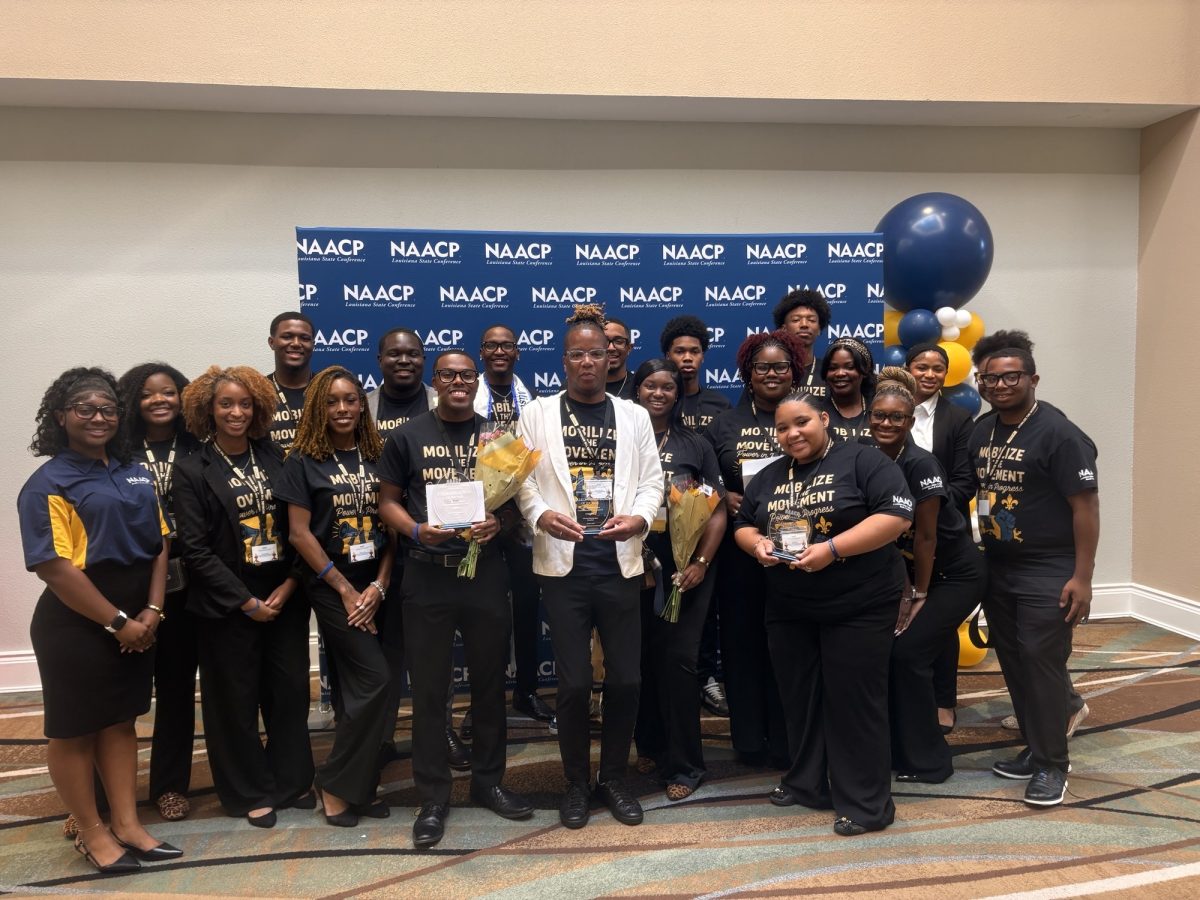In 1990, the National Collegiate Athletic Association began year-round drug testing in Division I and II football. In 1992 Division I track and field was added to the list.
“I think it is a good method to give you a idea of what is going on,” said Carl “Doc” Williams Jr., who is the coordinator over Southern University’s drug-testing site.
The National Center for Drug-Free Sports randomly selects football and track teams to be tested. Once the teams are selected, a squad list is provided, then the athletes are randomly selected for testing.
“They went to year-round testing to in hopes that people would get off steroids and to nip things in the bud,” said Williams. The program’s purpose is to deter the use of anabolic agents on a year-round basis.
Anabolic agents, diuretics, and urine manipulators are the substances searched for during testing.
Currently, only football and track programs are tested. This is due to the known usage of these drug agents by athletes participating in those sports.
For the past three years, the NCAA has recommended adding baseball to the group tested, due to a 1997 national drug-use study.
“In a way I think, testing baseball players, is a good idea,” said Carl Primus, a senior member of the Jaguar baseball team, from Baywood. “I feel if they want to be athletes they should not use drugs, be honest about everything or be made to be honest, when they received their test results.”
In addition to testing for the above-mentioned agents, the tests also detect “street drugs” (marijuana, cocaine, ecstasy,herion, etc), however it is up to the institution on how they wish to handle that information. Athletes who test positive for any banned substance are ineligible for one calendar year from the day the school receives the results. Therefore, the athlete loses one year of eligibility. The results are usually received within a three-week period.
It costs the NCAA 2.9 million dollars to perform postseason and year-round testing. This includes the administrative, collection and laboratory cost.
Categories:
NCAA pushes for drug-free athletics
March 8, 2002
0
More to Discover





